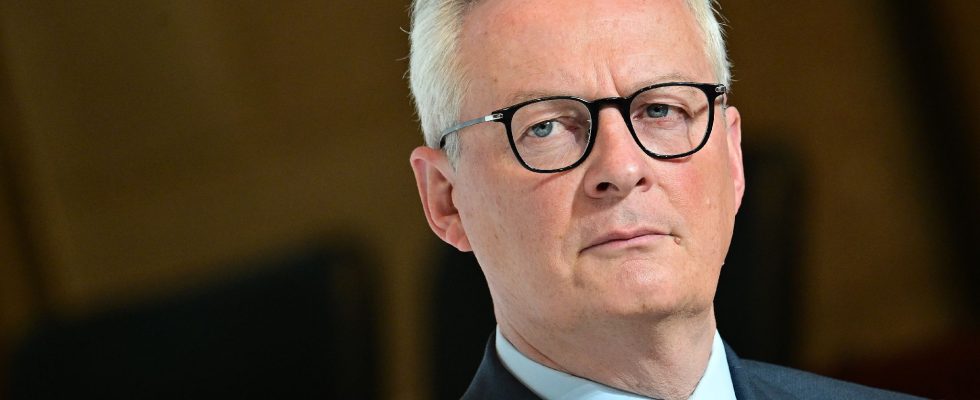A veritable political-media red rag, share buybacks have seen their value triple in ten years to reach a global record of $1,310 billion in 2022*. In France, 2023 will also undoubtedly mark a peak for these operations, with a total amount committed which should probably exceed 25 billion euros.
Traditionally, companies that buy back their shares are accused of prioritizing shareholder remuneration and of opting, without any economic analysis to corroborate these statements, for a short-term strategy hampering the development capabilities of their activity and their R &D.
This would be to forget that share buybacks mainly aim, in terms of the total number of operations, to compensate for the implementation of employee shareholding plans or securities giving access to capital. And more marginally share buybacks and cancellations, the subject of criticism. Liberal economic doctrine, less vocal, also sees it as a rational decision allowing the reappropriation of this liquidity by shareholders and their reallocation for the benefit of new growth sectors or towards developing companies.
It is in this context, and in line with this fairly conventional stigmatization, that last spring the President of the Republic Emmanuel Macron castigated the share buybacks carried out by large listed groups by attacking the “cynicism at work ” of these groups “which make such exceptional income that they end up using this money to buy back their own shares”.
This subject came back on the table very recently during the discussion of the finance bill (PLF) for 2024. The Minister of the Economy declared that he would force companies repurchasing their shares to reopen financial agreements. profit-sharing and participation to give more to employees. A rather abstruse amendment was tabled immediately by the government.
At the Assembly, a Lépine Taxation Competition
This announcement from Bruno Le Maire aims to put an end to the Lépine tax competition launched at the opening of discussions on the Finance Bill (PLF) by various deputies, some of whom belonged to the Renaissance or MoDem majority. These parliamentarians supported, in various forms, the establishment of a new tax on share buybacks, with rates varying from 0.1% to 10%. The president of the MoDem group proposed, for his part, the creation of a 1% tax against listed companies with more than 1 billion euros in turnover on the grounds that these operations “largely serve short-term objectives”, namely “remunerate shareholders in addition to the payment of dividends, support the stock price or even increase earnings per share”.
Although, politically, taxing share buybacks may prove popular, the government could not afford such a slippage. It would have been contrary to its proclaimed injunction not to create new taxes, and would have potentially harmed the country’s image while France remains under the eye of rating agencies regarding its public debt – the S & P verdict is expected on December 1st. The risk of censorship by the Constitutional Council of the introduction of such a tax was also considered. Hence the government’s end to this proliferation of fiscal creativity in favor of a compromise amendment of uncertain scope, and whose assigned objective is to (re)give purchasing power to the French.
No tax but no more obligations
As this amendment is drafted – still subject to modification by the Senate – all companies with more than 50 employees which are required to implement a participation plan will have to enter into negotiations relating to the definition of an exceptional increase in their profit and the consequences of such an increase in terms of value sharing in the company. Thus, in the case of share repurchase operations followed by their cancellation, there would be either payment of additional profit-sharing or participation, or opening of negotiations aimed at setting up a new sharing system. value: profit-sharing, if there is none, contribution to a savings plan or value-sharing bonus. The choice of modality depends on discussions with the social partners. It is also not specified whether the simple fact that these negotiations were launched, without necessarily being successful, would be sufficient to fulfill the obligation on the company side.
While the weight of compulsory deductions has never been so high in France, the worn string of the new tax has therefore been avoided. Instead, we are moving towards strengthening the supervision of these operations by adding a new text. So decided the State, an “absolute, detailed, regular, provident and gentle” power described by Tocqueville. The objective of the shock of simplification, stated many times, is once again put aside.
*Study by American asset manager Janus Henderson published on May 11, 2023.
Jérôme Brosset And Jean-Damien Boulangerpartner and counsel in the M&A team of August Debouzy
